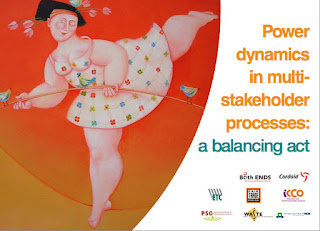Natural Justice attended the Annual General Meeting of Phyto-Trade Africa from the 29th to the 31st of July. During the 3-day meeting, Gino Cocchiaro (Natural Justice) met with Phyto-Trade members to discuss their strategies on collaborations with communities in the bio-trade industry.
Natural Justice has previously presented on its work with communities, particularly on biocultural community protocols and biocultural dialogues, which has assisted communities set out terms for engagement with biotrade companies. Natural Justice will also be collaborating with Phyto-Trade Africa and the Access and Benefit Sharing (ABS) Initiative on a programme of work that will identify best practice examples of ABS in southern Africa.
Phyto-Trade Africa is a trade association of the natural product industry in Southern Africa with an aim to alleviate poverty and protect biodiversity in the region by developing an industry that is not only economically successful but also ethical and sustainable.
Natural Justice has previously presented on its work with communities, particularly on biocultural community protocols and biocultural dialogues, which has assisted communities set out terms for engagement with biotrade companies. Natural Justice will also be collaborating with Phyto-Trade Africa and the Access and Benefit Sharing (ABS) Initiative on a programme of work that will identify best practice examples of ABS in southern Africa.
Phyto-Trade Africa is a trade association of the natural product industry in Southern Africa with an aim to alleviate poverty and protect biodiversity in the region by developing an industry that is not only economically successful but also ethical and sustainable.


